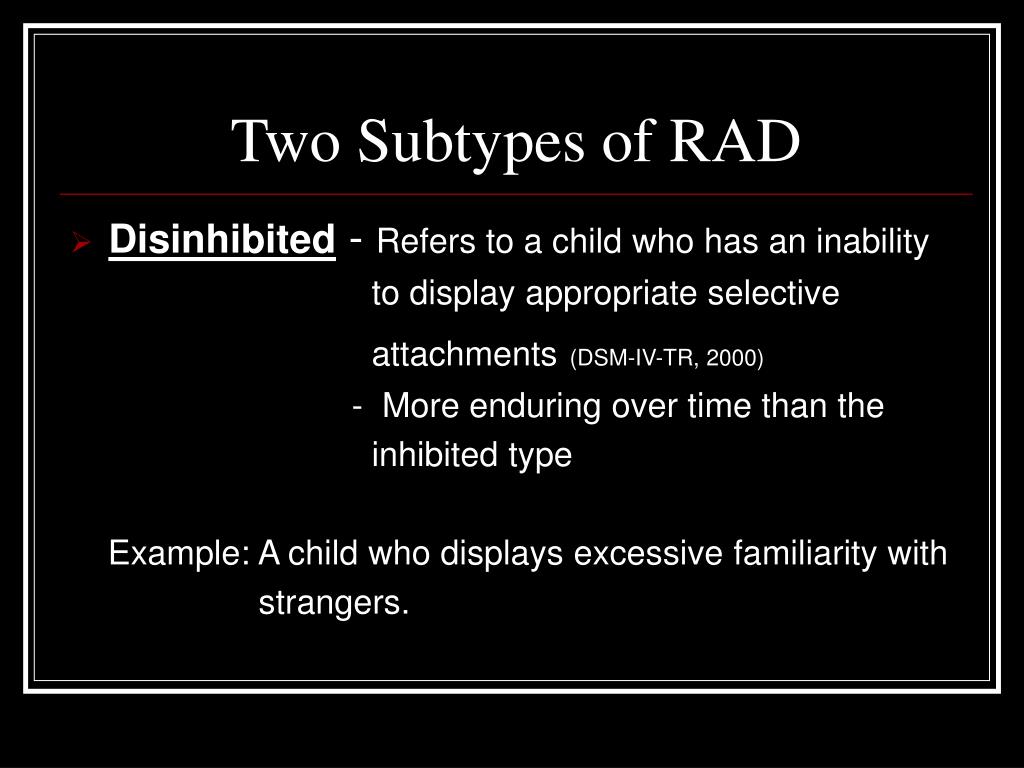

Signs and symptoms of reactive attachment disorder Parents with mental illness, drug abuse, or anger management problemsĮven though some of the causes for reactive attachment disorder are unavoidable, the message to the child’s psyche is the same, “my needs don’t matter.” This hard-wired belief is very challenging for a child or teen to overcome – the belief that he or she doesn’t actually matter can impact nearly every facet of his or her life.Removed from neglectful or abusive home.

These emotional interactions between babies and caregivers may affect the development in the brain, causing attachment problems, as well as affecting personality and relationships throughout the child’s life. After a period of time that child becomes distrustful and begins to avoid social contact. Physical: When a child’s needs are ignored or are met with physically abusive responses from caregivers that child learns to expect hostility or rejection. A few hypothesis about this causes for development of this disorder include: It is not understood why some children develop reactive attachment disorder and why others do not. However, children and adolescents who have reactive attachment disorder are able to learn to develop stable and healthier relationships with caregivers and parents through an effective treatment program.Ĭauses and risk factors for reactive attachment disorderĬhildren are born naturally resilient and even children who have been neglected or lived in orphanages can develop perfectly healthy relationships with others. Generally beginning before the age of 5, reactive attachment disorder is a condition that lasts a lifetime. Attachment to a loving caregiver or parent who provides support, love, and guidance is one of our basic human needs. Proper attachment has a profound impact upon every component of the human body. Additionally, it can lead to controlling, aggressive, or delinquent behaviors, trouble relating to peers, and other problems.Īttachment is the deep connection between a child and his or her caregiver that is encoded into the brain of a young child during early years of development. Undeveloped attachments may permanently damage a child’s growing brain and hurt their ability to establish future relationships. These children have never established a loving, caring attachment with anyone. In many cases a child with RAD has been the victim of abuse, neglect, or abandonment or is orphaned. While this condition is rare, it is serious. Reactive attachment disorder (RAD) is a complex, severe, and relatively uncommon condition in which infants and young children do not establish lasting, healthy bonds with parents or caregivers.


 0 kommentar(er)
0 kommentar(er)
